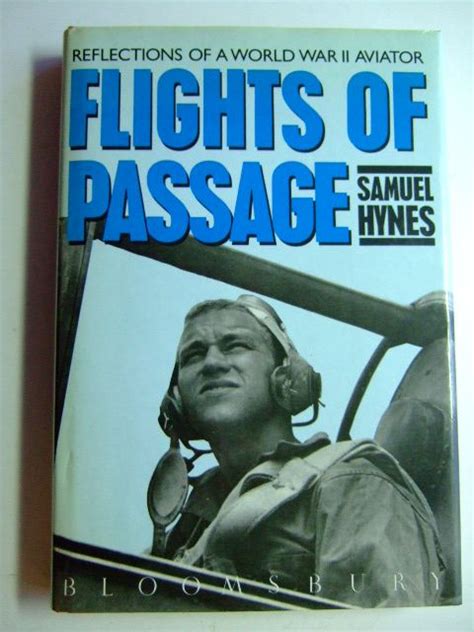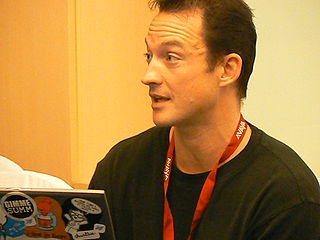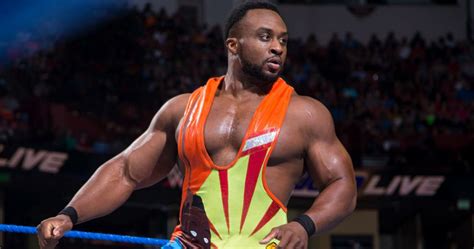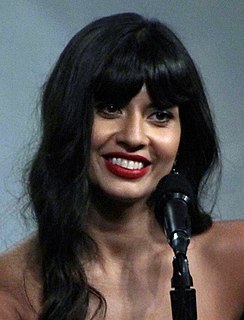A Quote by Jason Isbell
Any narrative, whether it's fiction or not, you have to approach it as though it really happened to you. I think that's the only way to get inside the characters and make the narrative work. It's a storytelling tradition, and I think to come off as genuine then you have to really approach it that way.
Related Quotes
I think my sensibilities about storytelling and character just automatically come into play when I'm trying to work on any kind of narrative. For me, it doesn't really matter what the source of the narrative is. I will be looking for ways to make it into an intriguing story with empathetic characters.
When you're writing a book that is going to be a narrative with characters and events, you're walking very close to fiction, since you're using some of the methods of fiction writing. You're lying, but some of the details may well come from your general recollection rather than from the particular scene. In the end it comes down to the readers. If they believe you, you're OK. A memoirist is really like any other con man; if he's convincing, he's home. If he isn't, it doesn't really matter whether it happened, he hasn't succeeded in making it feel convincing.
There is really no fiction or non-fiction; there is only narrative. One mode of perception has no greater claim on the truth than the other; that the distance has perhaps to do with distance - narrative distance - from the characters; it has to do with the kind of voice that is talking, but it certainly hasn't to do with the common distribution between fact and imagination.
I think, actually, any morality system that rewards only the extremes is a flawed system. Players don't approach life that way, they don't approach games that way, and they shouldn't be trained to approach games that way. They shouldn't be in the 'Star Wars' mode where, 'I've got to choose every good option.'
I think actually any morality system that rewards only the extremes is a flawed system. Players don't approach life that way, they don't approach games that way, and they shouldn't be trained to approach games that way. They shouldn't be in the mode where, "I've got to choose every good option." They should just play the game. And they should get equal consequences or rewards for that, that are different from the extremes.
I think Ed Harris is a conscious screen actor, so I think it was strong, it was like he put everything together somehow in 'The Way Back'. He likes, I don't want to say the method approach, because that's not really necessarily his way of working, but it was easy to do because of the location. He'd go off by himself, and they would make things.
Today when I think about diversity, I actually think about the word “inclusion.” And I think this is a time of great inclusion. It’s not men, it’s not women alone. Whether it’s geographic, it’s approach, it’s your style, it’s your way of learning, the way you want to contribute, it’s your age - it is really broad.
Today when I think about diversity, I actually think about the word 'inclusion.' And I think this is a time of great inclusion. It's not men, it's not women alone. Whether it's geographic, it's approach, it's your style, it's your way of learning, the way you want to contribute, it's your age - it is really broad.


































